Martin Shkreli
description: American businessman and convicted felon
28 results
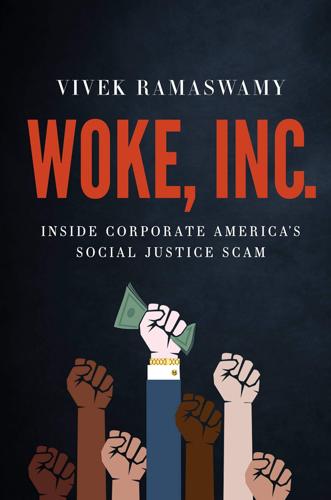
Woke, Inc: Inside Corporate America's Social Justice Scam
by Vivek Ramaswamy · 16 Aug 2021 · 344pp · 104,522 words
drug market is outrageous. Tomorrow I’ll lay out a plan to take it on,”17 in response to a New York Times article detailing Martin Shkreli’s exorbitant price increase of Daraprim by over 5,000 percent.18 Clinton was the Democratic presidential fron-trunner, so her comments sent biotech markets
…
—a goon squad that kicks down the doors of wokeness’s public enemies. This was most evident in the way it took down public villain Martin Shkreli. One rule of woke capitalism is that jerks who obviously care only about money don’t get to keep making it. Shkreli violated that rule
…
Street.” It was as though he were trying to act out his childhood dream of starring in his favorite movie. Maybe that was his sin. Martin Shkreli just wanted to be the Wolf of Wall Street. He didn’t just want to make money; he wanted everyone to know he cared about
…
nothing else. So, ironically, he didn’t actually care only about money—he cared even more about making sure everyone knew that. Martin Shkreli didn’t dream of being rich; he dreamed of being a rich asshole. And being famous for it. I watched from afar as he became
…
certain that he was relishing fame that he mistook for popularity, popularity he hadn’t enjoyed in his youth as a nerdy son of immigrants. Martin Shkreli wasn’t a pharma bro; that’s the tragedy of his story. He was acting out a poor kid’s lonely fantasy of what being
…
it was like. Here’s how the case that took him down started. As I take you through the details, ask yourself this: What was Martin Shkreli really punished for? In December 2015, Shkreli was charged with securities fraud for orchestrating schemes to defraud investors in two hedge funds he managed, along
…
very valuable. So that’s the story of Shkreli’s rise and fall. Let’s come back to the question I asked earlier: What was Martin Shkreli really guilty of? Why did the DOJ go after him so hard when it lets others quietly get away with much worse? In January 2018
…
outsider, not his business practices. In reality, he did what many other pharma companies do every single day—different not in kind but only degree. Martin Shkreli may have committed fraud, but the reason the DOJ punished him for it is that he was an asshole who was bringing too much heat
…
Pledge on Drug Prices Knocks $15bn Off Biotechs.” Financial Times, 21 Sept. 2015, www.ft.com/content/82af1c82-6083-11e5-9846-de406ccb37f2. 20. Tirrell, Meg. “Martin Shkreli’s Legacy: Putting a ‘Fine Point’ on the Drug Pricing Debate.” CNBC, 9 Mar. 2018, www.cnbc.com/2018/03/09
…
/martin-shkrelis-legacy-shaping-the-drug-pricing-debate.html. 21. Thomas, Katie. “How to Protect a Drug Patent? Give It to a Native American Tribe.” The New
…
,hundreds%20of%20thousands%20of%20dollars. 11. Copeland, Rob, et al. “Turing Pharmaceuticals Replaces Martin Shkreli as CEO.” The Wall Street Journal, 19 Dec. 2015, www.wsj.com/articles/turing-pharmaceuticals-close-to-replacing-martin-shkreli-as-ceo-1450454741. 12. Farberov, Snejana. “Martin Shkreli Hurls Sexist Comment at Taylor Swift in HipHopDx Interview.” Daily Mail Online, 16
…
Dec. 2015, www.dailymail.co.uk/news/article-3363202/Martin-Shkreli-hurls-sexist-comment-Taylor-Swift-saying-play-2million-Wu-Tang-Clan
…
-album-exchange-sexual-favor.html. 13. “Martin Shkreli Headed to Jail after Bail Revoked over Hillary Clinton Post.” The Guardian, 13 Sept. 2017, www
…
.theguardian.com/us-news/2017/sep/13/martin-shkreli-jail-securities-fraud-hillary-clinton. 14. Mangan, Dan. “‘Pharma Bro’ Martin Shkreli Found Guilty of 3 of 8 Charges, Including Securities Fraud.” CNBC, 4 Aug. 2017, www.cnbc.com/2017/08/04
…
/pharma-bro-martin-shkreli-convicted-in-federal-fraud-case.html#:~:text=Biotech%20and%20Pharma-,’Pharma%20bro’%20Martin%20Shkreli%20found%20guilty%20of%203%20of,8%20charges%2C%20including%20securities%20fraud&
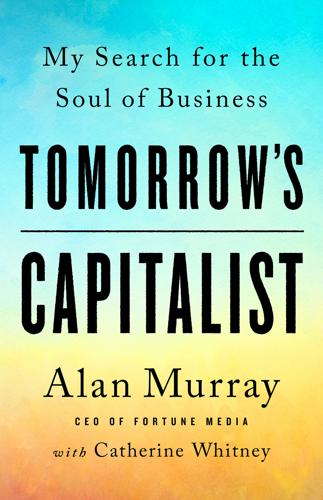
Tomorrow's Capitalist: My Search for the Soul of Business
by Alan Murray · 15 Dec 2022 · 263pp · 77,786 words
about which industries they liked least, the pharmaceutical industry won the prize.1 The reason wasn’t hard to fathom. Persistent publicity over pricing scandals—Martin Shkreli and Valeant took top honors there—as well as the pill-pushing behind the opioid scandal, had poisoned the industry in the public mind. Capturing
…
from Lipitor instead of pointing out how many hundreds of millions of lives were saved by Lipitor. We did it to ourselves. You have the Martin Shkreli’s, but also the philosophy of just jacking up prices as much as you can and cutting the research. It’s just the exact opposite
…
McCarthy. “Big Pharma Sinks to the Bottom of U.S. Industry Rankings.” Gallup, September 3, 2019. 2. “Martin Shkreli, ‘Most Hated Man in America,’ Arrested for Fraud.” CBC, December 17, 2015; Phil McCausland. “Fraud Trial for Martin Shkreli, ‘Most Hated Man in America,’ Begins Monday.” NBC News, June 25, 2017. 3. Stephanie Clifford. “Wanting
…
Martin Shkreli to Stop Talking, Prosecutors Seek Judge’s Help.” New York Times, July 4, 2017. 4. Leadership Next interview
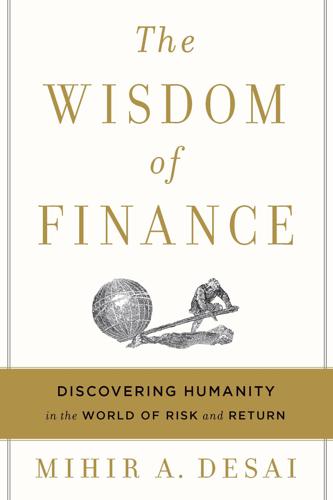
The Wisdom of Finance: Discovering Humanity in the World of Risk and Return
by Mihir Desai · 22 May 2017 · 239pp · 69,496 words
fantastic characters than can be dreamt up by a fiction writer. The latest and most perfected version of the finance archetype is the real-life Martin Shkreli. A son of Albanian immigrants, he launched a hedge fund, was indicted for securities fraud, ran a pharmaceutical company, raised prices on a lifesaving drug
…
Cambridge Companion to Tolstoy. Cambridge: Cambridge University Press, 2002. For Martin Shkreli, I drew on Goldman, David. “Who Is Martin Shkreli? A Timeline.” CNN Money, December 18, 2015. http://money.cnn.com/2015/12/18/news/companies/martin-shkreli/; McLean, Bethany. “Everything You Know About Martin Shkreli Is Wrong—or Is It?” Vanity Fair, February 2016; and Sanneh
…
, Kelefa. “Everyone Hates Martin Shkreli. Everyone Is Missing the Point.” New Yorker, February 5, 2016. Public opinion about finance is
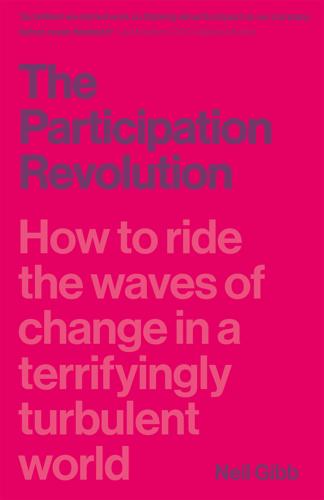
The Participation Revolution: How to Ride the Waves of Change in a Terrifyingly Turbulent World
by Neil Gibb · 15 Feb 2018 · 217pp · 63,287 words
common is that their primary purpose is the fulfilment of a social mission. A big why. They are out to prove a point. In 2011, Martin Shkreli, a 28-year-old New Yorker who had made a fortune as a hedge fund manager, bought a pharmaceutical company called Retrophin. The company owned
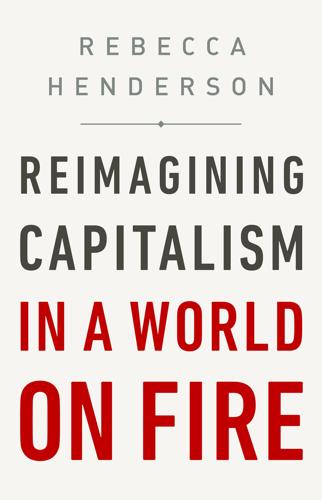
Reimagining Capitalism in a World on Fire
by Rebecca Henderson · 27 Apr 2020 · 330pp · 99,044 words
pill to produce and had no competition.15 Anyone wanting to buy Daraprim had to buy it from Turing. The move unleashed a media storm. Martin Shkreli, Turing’s CEO, was vilified in the press and accosted in public. But he was unrepentant. Asked if he would do anything differently, he replied
…
-overnight-increase-in-a-drugs-price-raises-protests.html. 16. Kate Gibson, “Martin Shkreli: I Should’ve ‘Raised Prices Higher,’” CBS News, CBS Interactive, Dec. 4, 2015, www.cbsnews.com/news/martin-shkreli-i-shouldve-raised-prices-higher/. 17. Stephanie Clifford, “Martin Shkreli Sentenced to 7 Years in Prison for Fraud,” New York Times, Mar. 9
…
, 2018, www.nytimes.com/2018/03/09/business/martin-shkreli-sentenced.html. 18. Gretchen Morgenson, “Defiant, Generic Drug Maker Continues to Raise Prices,” New York Times, Apr. 14, 2017, www.nytimes.com/2017/04/14/

Blank Space: A Cultural History of the Twenty-First Century
by W. David Marx · 18 Nov 2025 · 642pp · 142,332 words
festival’s collapse became the subject of two popular documentaries: Fyre Fraud and Fyre: The Greatest Party That Never Happened. The young, unscrupulous pharmaceutical executive Martin Shkreli made pop culture news when he paid $2 million at auction for the single existing copy of the Wu-Tang Clan album Once Upon a
…
had reinvented himself yet again—this time as the founder of a talent management and consulting company for the canceled: Dov Charney, jailed pharma-bro Martin Shkreli, erratic pro-Trump rapper Azealia Banks, and former Pitchfork darling turned January 6 insurrectionist Ariel Pink. He also worked with QAnon-supporting Congresswoman Marjorie Taylor
…
moment: Carmela Chirinos, “Inventing Anna Got It Right. Anna Delvey Did in Fact Know Billy McFarland and Martin Shkreli,” Fortune, May 19, 2022, https://fortune.com/2022/05/19/inventing-anna-anna-delvey-billy-mcfarland-martin-shkreli-friends. GO TO NOTE REFERENCE IN TEXT Rockefeller University: Landon Thomas Jr. “Jeffrey Epstein: International Moneyman of
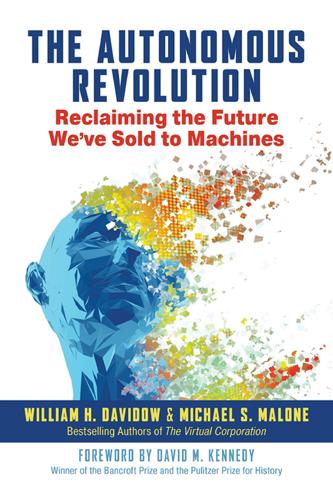
The Autonomous Revolution: Reclaiming the Future We’ve Sold to Machines
by William Davidow and Michael Malone · 18 Feb 2020 · 304pp · 80,143 words
lot more for the dollar he or she spends. There are other problems with this metric as well. Take the notorious case of Turing Pharmaceuticals. Martin Shkreli, the founder of Turing, purchased the U.S. marketing rights to the drug Daraprim (pyrimethamine) in 2015. This sixty-year-old drug is critical for

Having and Being Had
by Eula Biss · 15 Jan 2020 · 199pp · 61,648 words
, David says, hoarding art for its monetary value, is like what the art market is doing now. I just read an article, I say, about Martin Shkreli, who bought the rights to a Wu-Tang Clan album that nobody has ever heard. Now the feds have the album, because Shkreli was convicted
…
), Emily Dickinson. The Poems of Emily Dickinson: Reading Edition, edited by R. W. Franklin. Belknap Press of Harvard University Press, 1999. “Repulsed by Pharma-Bro Martin Shkreli? Maybe You Also Hate Capitalism,” Jesse Myerson. In These Times, February 22, 2016. Of Shkreli’s purchase of the Wu-Tang album, Myerson writes, “The
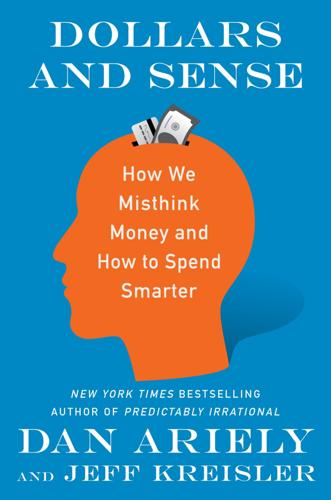
Dollars and Sense: How We Misthink Money and How to Spend Smarter
by Dr. Dan Ariely and Jeff Kreisler · 7 Nov 2017 · 302pp · 87,776 words
WELL People always demand what’s “fair.” In negotiations, sales, marriage, and life. That’s not bad. Fairness is a good thing. When in 2015 Martin Shkreli suddenly raised the price of the lifesaving drug Daraprim from $13.50 to $750—that’s 5,555 percent—right after he acquired the company
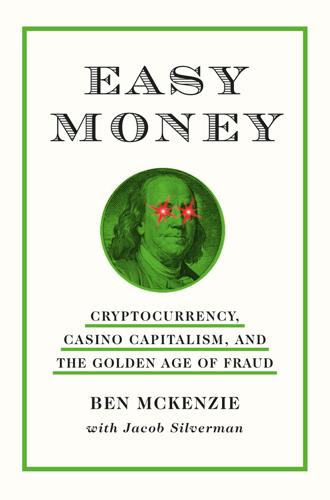
Easy Money: Cryptocurrency, Casino Capitalism, and the Golden Age of Fraud
by Ben McKenzie and Jacob Silverman · 17 Jul 2023 · 329pp · 99,504 words
actor in crypto, our rogues’ gallery of con men once again sprang to life. During a recording of the UpOnly crypto podcast on November 8, Martin Shkreli—the pharma bro who epitomized corporate greed and went to jail for securities fraud—advised Do Kwon, the fugitive Terra founder, to look on the

My Friend Anna: The True Story of a Fake Heiress
by Rachel Deloache Williams · 15 Jul 2019 · 297pp · 92,083 words
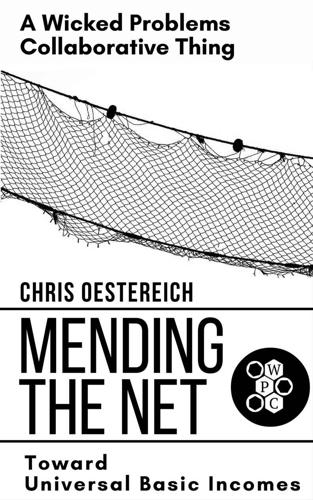
Mending the Net: Toward Universal Basic Incomes
by Chris Oestereich · 20 Oct 2016 · 95pp · 6,448 words
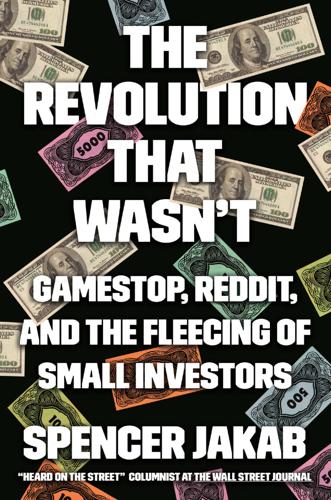
The Revolution That Wasn't: GameStop, Reddit, and the Fleecing of Small Investors
by Spencer Jakab · 1 Feb 2022 · 420pp · 94,064 words

Abolish Silicon Valley: How to Liberate Technology From Capitalism
by Wendy Liu · 22 Mar 2020 · 223pp · 71,414 words
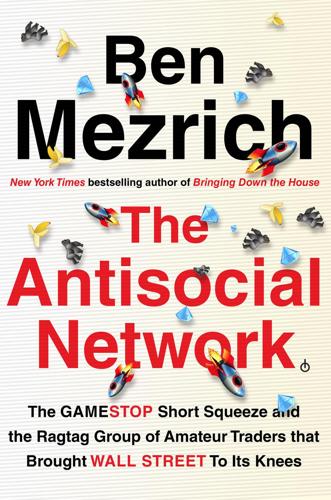
The Antisocial Network: The GameStop Short Squeeze and the Ragtag Group of Amateur Traders That Brought Wall Street to Its Knees
by Ben Mezrich · 6 Sep 2021 · 239pp · 74,845 words

Everything's Trash, but It's Okay
by Phoebe Robinson · 15 Oct 2018 · 257pp · 90,857 words
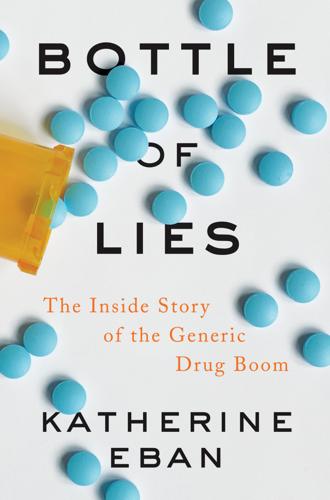
Bottle of Lies: The Inside Story of the Generic Drug Boom
by Katherine Eban · 13 May 2019 · 510pp · 141,188 words
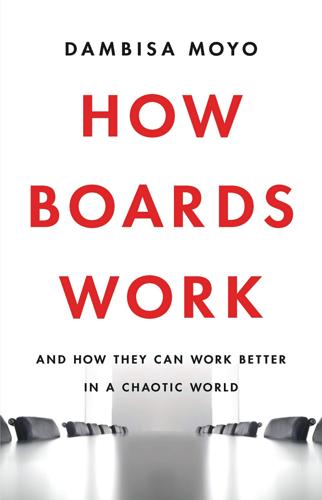
How Boards Work: And How They Can Work Better in a Chaotic World
by Dambisa Moyo · 3 May 2021 · 272pp · 76,154 words
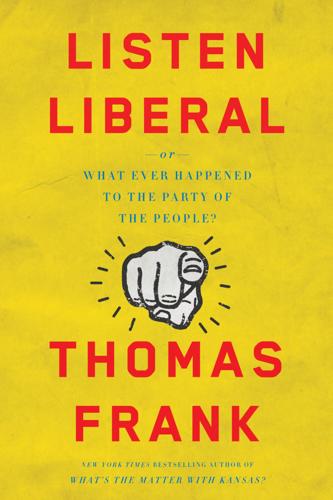
Listen, Liberal: Or, What Ever Happened to the Party of the People?
by Thomas Frank · 15 Mar 2016 · 316pp · 87,486 words
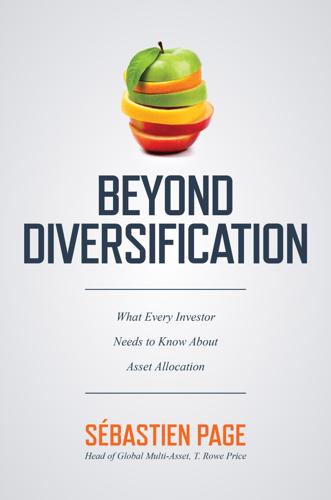
Beyond Diversification: What Every Investor Needs to Know About Asset Allocation
by Sebastien Page · 4 Nov 2020 · 367pp · 97,136 words

Like, Comment, Subscribe: Inside YouTube's Chaotic Rise to World Domination
by Mark Bergen · 5 Sep 2022 · 642pp · 141,888 words
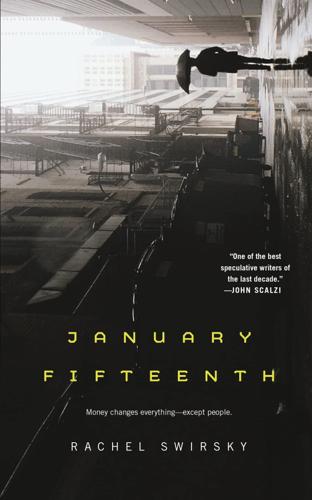
January Fifteenth
by Rachel Swirsky · 13 Jun 2022 · 160pp · 39,966 words
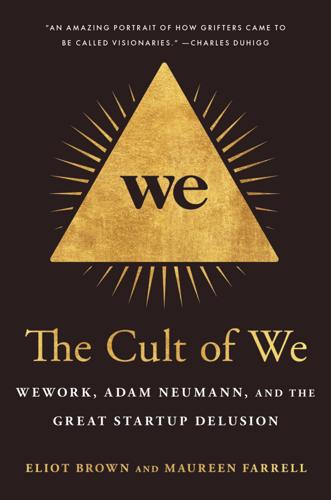
The Cult of We: WeWork, Adam Neumann, and the Great Startup Delusion
by Eliot Brown and Maureen Farrell · 19 Jul 2021 · 460pp · 130,820 words
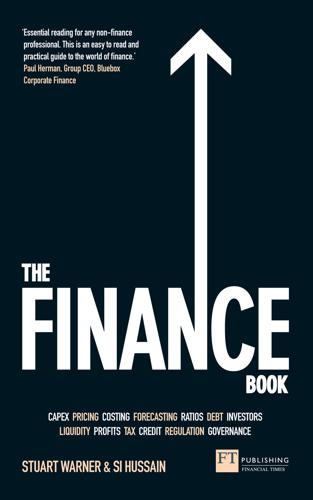
The Finance Book: Understand the Numbers Even if You're Not a Finance Professional
by Stuart Warner and Si Hussain · 20 Apr 2017 · 439pp · 79,447 words

More Everything Forever: AI Overlords, Space Empires, and Silicon Valley's Crusade to Control the Fate of Humanity
by Adam Becker · 14 Jun 2025 · 381pp · 119,533 words
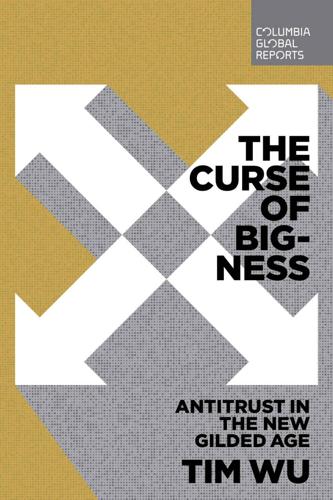
The Curse of Bigness: Antitrust in the New Gilded Age
by Tim Wu · 14 Jun 2018 · 128pp · 38,847 words
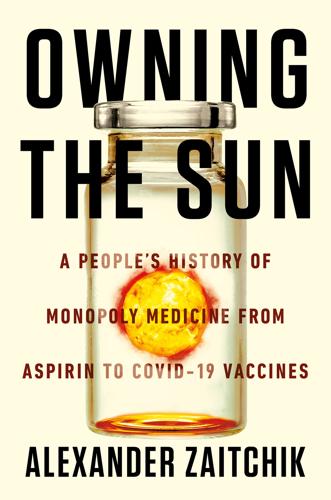
Owning the Sun
by Alexander Zaitchik · 7 Jan 2022 · 341pp · 98,954 words
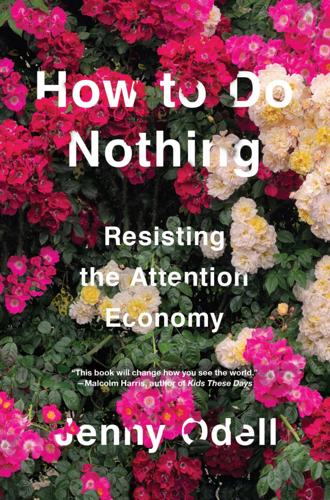
How to Do Nothing
by Jenny Odell · 8 Apr 2019 · 243pp · 76,686 words